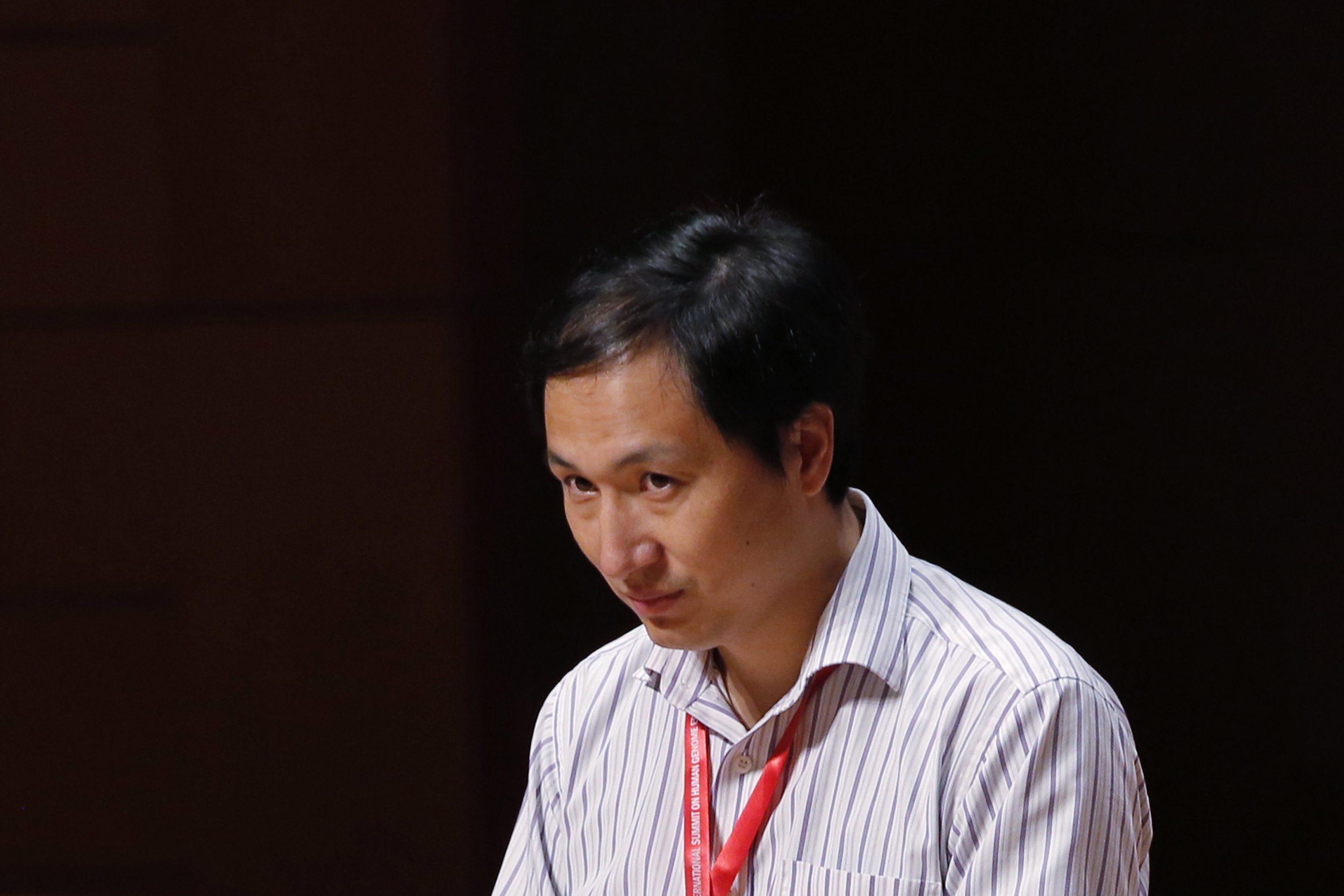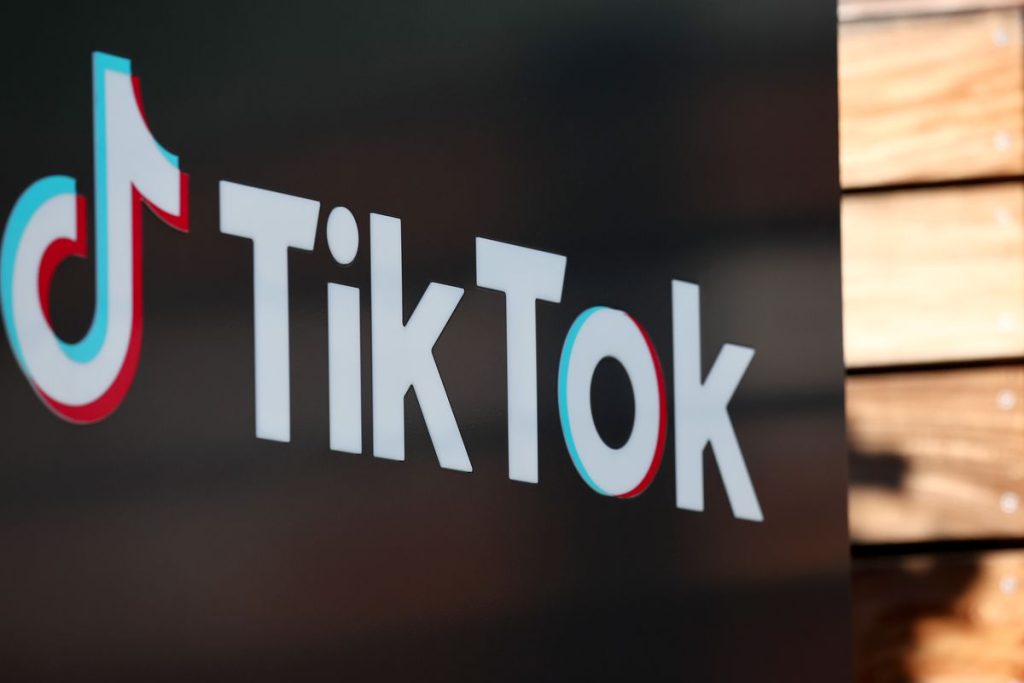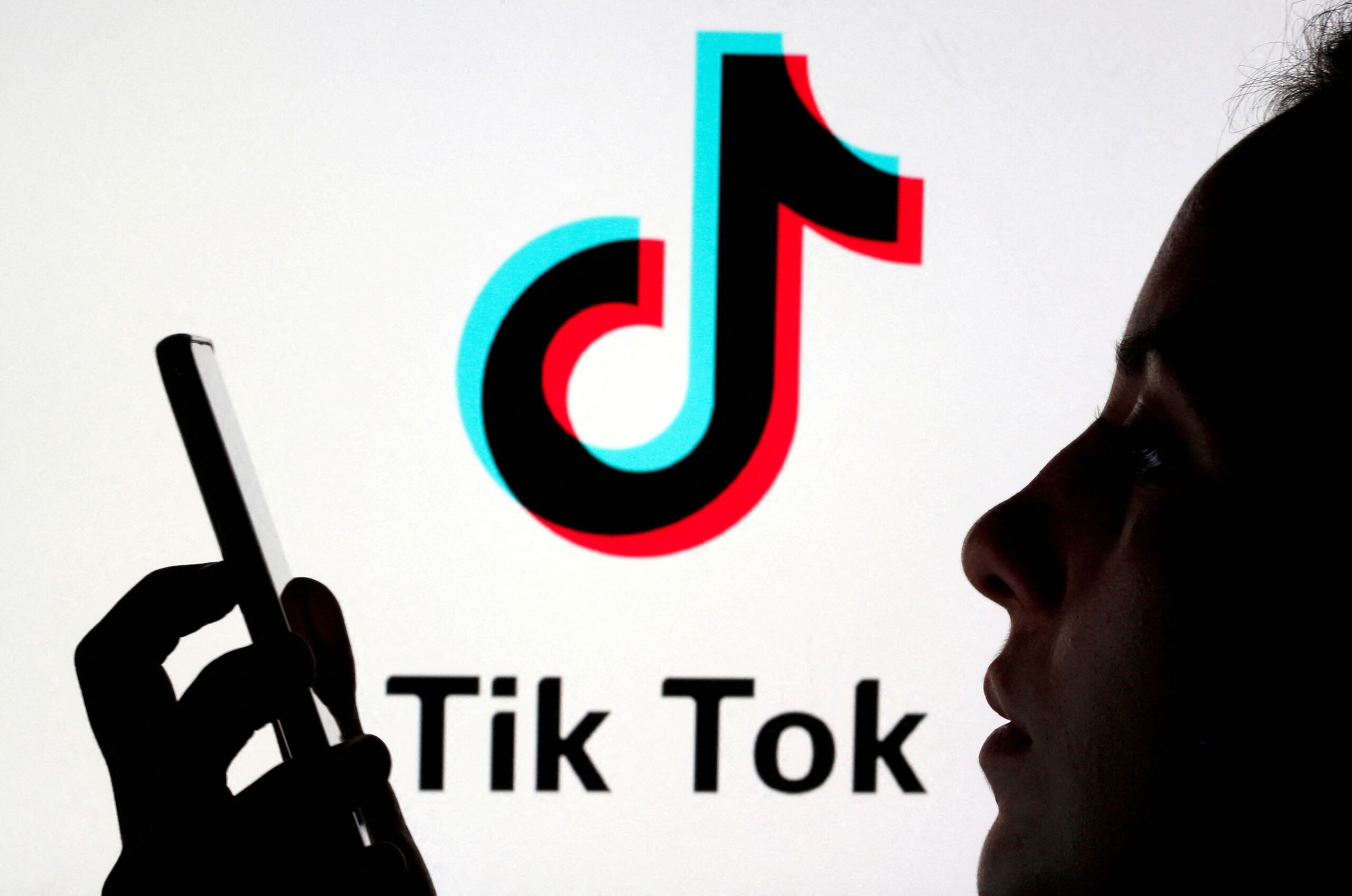Tech
Researcher behind gene-edited babies released from Chinese prison
-



 Shows2 days ago
Shows2 days agoAre ‘forever chemicals’ turning us into the ‘The Walking Dead’?
-



 News3 days ago
News3 days agoASEAN emerging as new global economic power?
-



 News2 days ago
News2 days agoNEOM’s dramatic downsize ambitious project shrinks
-



 Tech4 days ago
Tech4 days agoTesla is slashing prices to stay competitive
-



 News1 day ago
News1 day agoThe TikTok ban was just passed by the House. What could happen next?
-



 News2 days ago
News2 days agoTikTok implements stricter guidelines on weight-loss drug promotion
-



 News2 days ago
News2 days agoGame on with indie devs celebrated by Nintendo
-



 News1 day ago
News1 day agoTechnological terror: China reveals uncanny AI romance film















